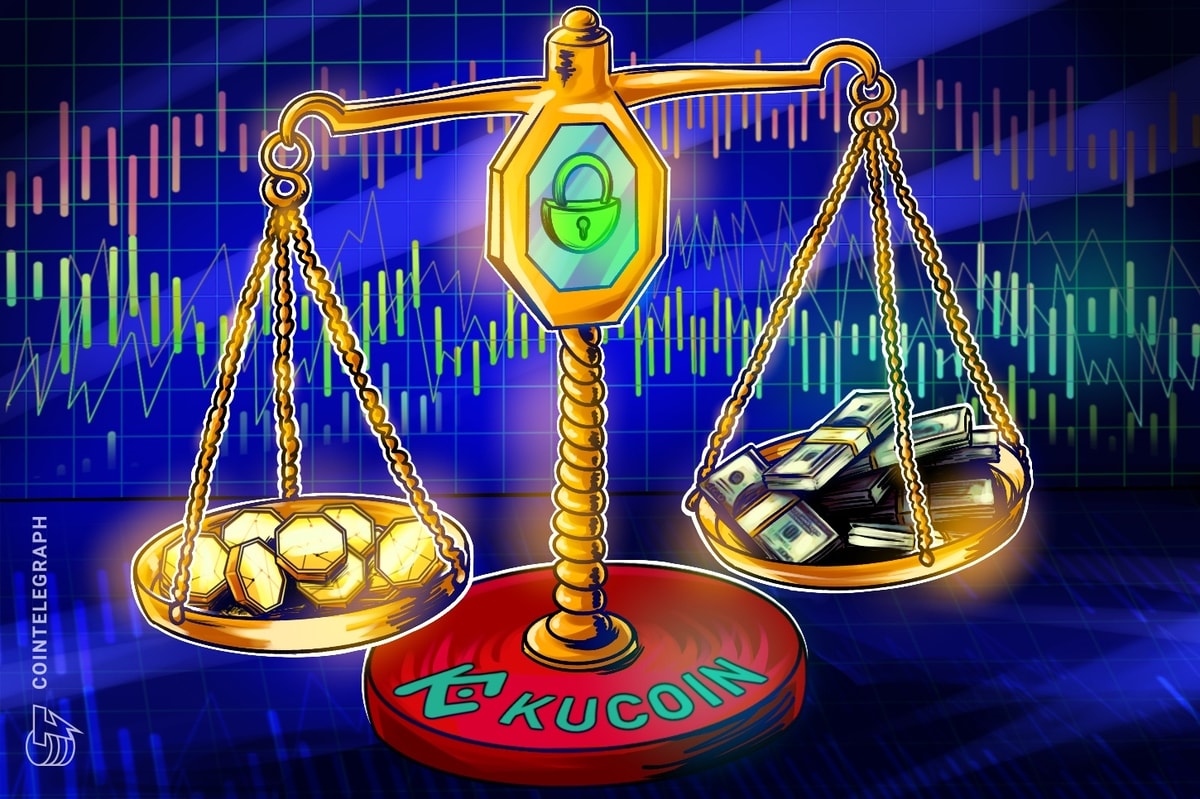Here’s how the FIFA World Cup Qatar 2022 can be used to drive adoption for crypto self-custody.
Collect this article as NFT
Once just a technical term within the crypto ecosystem, self-custody quickly took the main stage when FTX, a multi-billion crypto empire, went down in flames. The prolonged bear market, combined with bankruptcy announcements from once-prominent crypto exchanges, triggered a spike in crypto ownership awareness.
The domino effect of the FTX collapse was a harsh lesson reminding users of a fundamental principle in crypto: Not your keys, not your coins. Since the custody of FTX customers’ assets was on the exchange, users faced issues when they wanted to withdraw the funds they thought belonged to them.
To provide instant access to different forms of crypto trading, exchange-generated wallets take the responsibility of storing and managing crypto assets away from users. With responsibility, ownership of funds also gets transferred into the custody of the exchange. That’s why multiple experts advise users to keep their assets in a self-custodial wallet for “true ownership” over their crypto.
However, there was a reason for not seeing a massive adoption of self-custody crypto wallets before they became an absolute necessity — self-custody requires a certain level of understanding of how crypto actually works. This initial step became a deterrent for many users until more urgent matters emerged following recent developments in the space.
First, users need to create their own wallet, which is a different process than opening an exchange account with an email and a password. Second, they must understand the importance of their seed phrase and their private keys. Then they need to manually transfer their funds from all other wallets to the new wallet.
Since self-custody crypto wallets weren’t initially developed with the average crypto user in mind, they are not known for ease of use. In most cases, integrating into a new blockchain requires some technical information to be filled in. Since most self-custody wallets don’t have a failsafe confirmation step like exchange wallets do, users are one typo away from sending funds to an unknown address.
Following the FTX fiasco, though, crypto users are now eager to take that responsibility and regain ownership of their crypto assets. Noticing the shift in interest, the crypto industry is also working hard to respond to the community’s needs.
One such solution is launched by the crypto exchange KuCoin. Available on mobile platforms and as a browser extension, KuCoin Wallet aims to combine the protection of self-custody wallets with an easy-to-use interface that exchange users would also find familiar. To ensure no one but the wallet owner has access to the private keys, KuCoin worked with Hacken for the penetration testing audit. With complete control over their crypto assets and NFTs, users can manage their portfolios across multiple blockchains in one window.
Benefiting from the expansive KuCoin ecosystem, the self-custody KuCoin Wallet allows users to create a free decentralized account that would work in all corners of Web3, thanks to its support for decentralized applications like Uniswap, ApeSwap, and OpenSea.
To make the transition into self-custody fun and attractive for crypto users, KuCoin Wallet recently announced a World Cup Winner Predictions tournament where wallet owners can participate in predicting the FIFA World Cup Qatar 2022 results to win $30,000 in prizes. The event’s main aim is to get users familiar with the self-custody mindset while enjoying the games.
Despite its decade-long history, crypto can still be deemed a nascent industry, especially in terms of its primary goal — redefining the future of money. There’s a high chance that the FTX collapse will not be the last crisis the crypto industry will face. However, key industry players acting swiftly to meet the community’s newfound needs, such as self-custody wallets, will help the ecosystem grow and mature in a healthy and reliable way.
Disclaimer. Cointelegraph does not endorse any content or product on this page. While we aim at providing you with all important information that we could obtain, readers should do their own research before taking any actions related to the company and carry full responsibility for their decisions, nor can this article be considered as investment advice.

